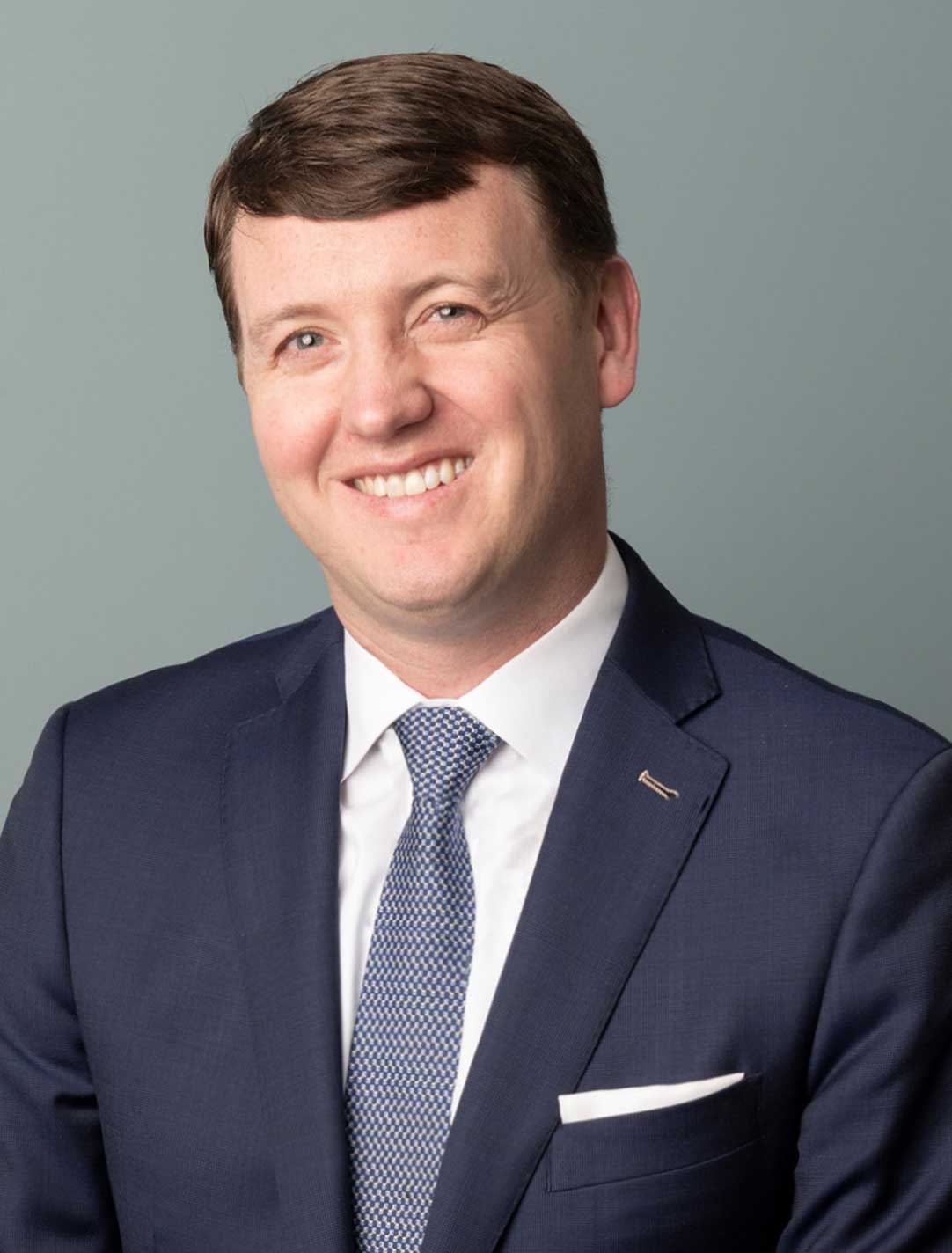Stem Cells
Stem cells are precursor cells our body uses to replicate new cells. Our body is always replacing the dying cells of our body through a normal process called apoptosis or programmed cell death. This is helpful to manage disease and damaged cell DNA and cell parts. Some cells are pluripotent which means they can become any cell in the body (nerve, heart, muscle, bone, blood, etc.) These cells can create other stem cells called mesenchymal stem cells which can only produce specific types of cells (muscle, bone, cartilage, etc.) These cells are much easier to harvest and are easier to predict which kind of tissue they will become … you do not want nose cells in the knee. The benefit of using stem cells is that many of them do not have what is called major histologic complexes (MHC) on the outside of the cell. These complexes are what differentiates your cells from another humans’ cells and plays a role in tissue and blood typing. Therefore donors need to be a match. With stem cells these MHC complexes have not been placed on the outside of the cell, so they are more versatile.
Autograft Versus Allograft
Where the mesenchymal stem cells come from is important. Cells that come from your own body are autogenic whereas cells that come from another human or a lab are called allogenic. Obviously, autogenic stem cells are relatively safer since they are your own cells. They reduce the risk of rejection and other conditions like infection or graft versus host disease.
Where are Stem Cells obtained in my body?
Stem cells can be obtained from the bone marrow, blood, fat, and muscle. At CAO, Dr. Faucett typically gets the cells from your own bone marrow by placing a needle under anesthesia into the bone and withdrawing the cells. The cells are then concentrated using a centrifuge and then reinjected into the location that needs them.
What about amniotic stem cells? These cells are cells taken from the amnion after a pregnancy has delivered. These cells also lack the MHC. There ability to differentiate in the human body has not been thoroughly investigated therefor Dr. Faucett does not recommend this treatment.
Why don’t stem cells work all the time? The use of stem cells is just beginning in modern medicine. While the potential is great we do not understand enough on how to instruct one cell to become a cartilage cell versus and muscle or bone cell. Until then stem cells will have limited capacity to heal every injury.
How much do Stem Cells cost?
Stem cell therapy for musculoskeletal disorders is not currently covered by most commercial insurances, or Medicare. It can be an expensive treatment option. Please feel free to discuss the costs with Dr. Faucett’s team if you have any questions about the cost or how to pay for it.
At a Glance
Dr. Scott Faucett
- Internationally Recognized Orthopedic Surgeon
- Voted Washingtonian Top Doctor
- Ivy League Educated & Fellowship-Trained
- Learn more



